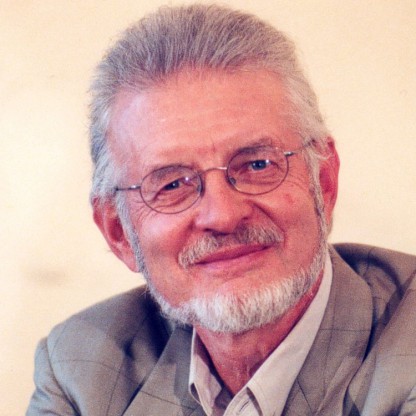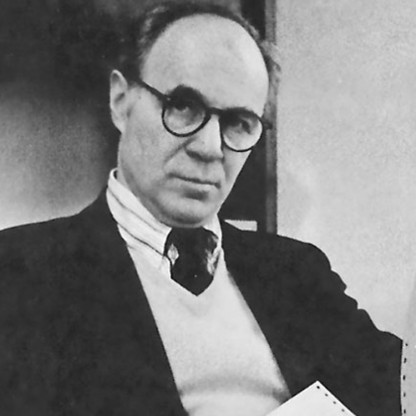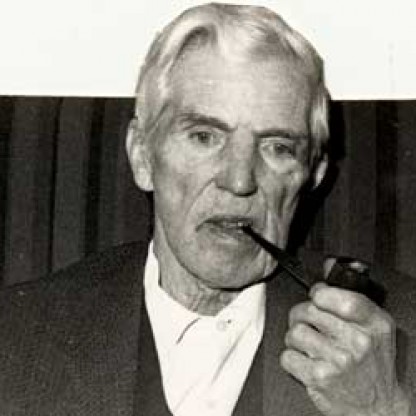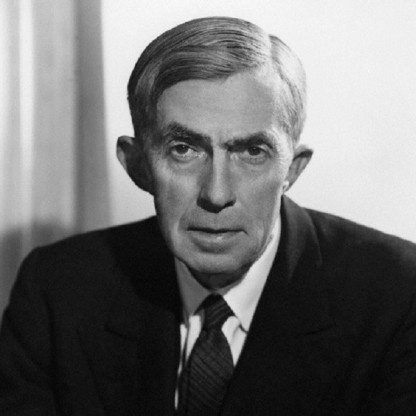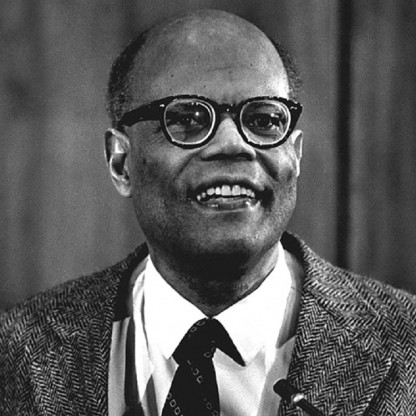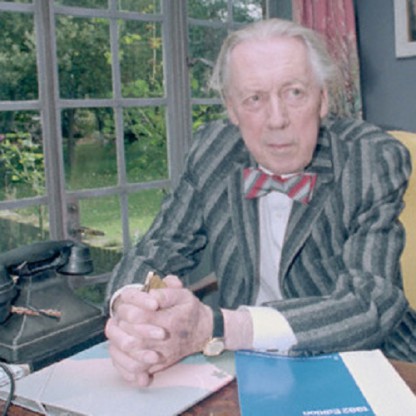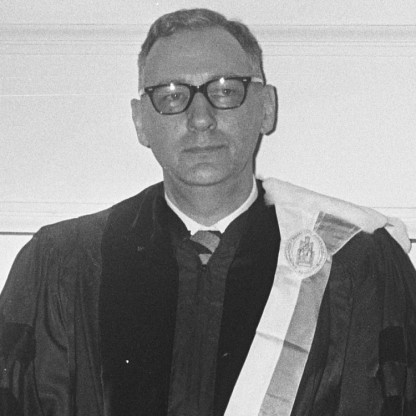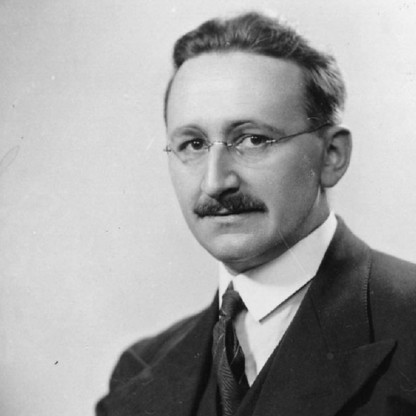After a brief family exile in Saxony and Austria, Selten returned to Hesse, Germany after the war and, in high school, read an article in Fortune magazine about game theory by the Business Writer John D. McDonald. He recalled later, he would occupy his "mind with problems of elementary geometry and algebra" while walking back and forth to school during that time. He studied mathematics at Goethe University Frankfurt and obtained his diploma in 1957. He then worked as scientific assistant to Heinz Sauermann until 1967. In 1959, he married with Elisabeth Lang Reiner. They had no children. In 1961, he also received his doctorate in Frankfurt in mathematics with a thesis on the evaluation of n-person games.
